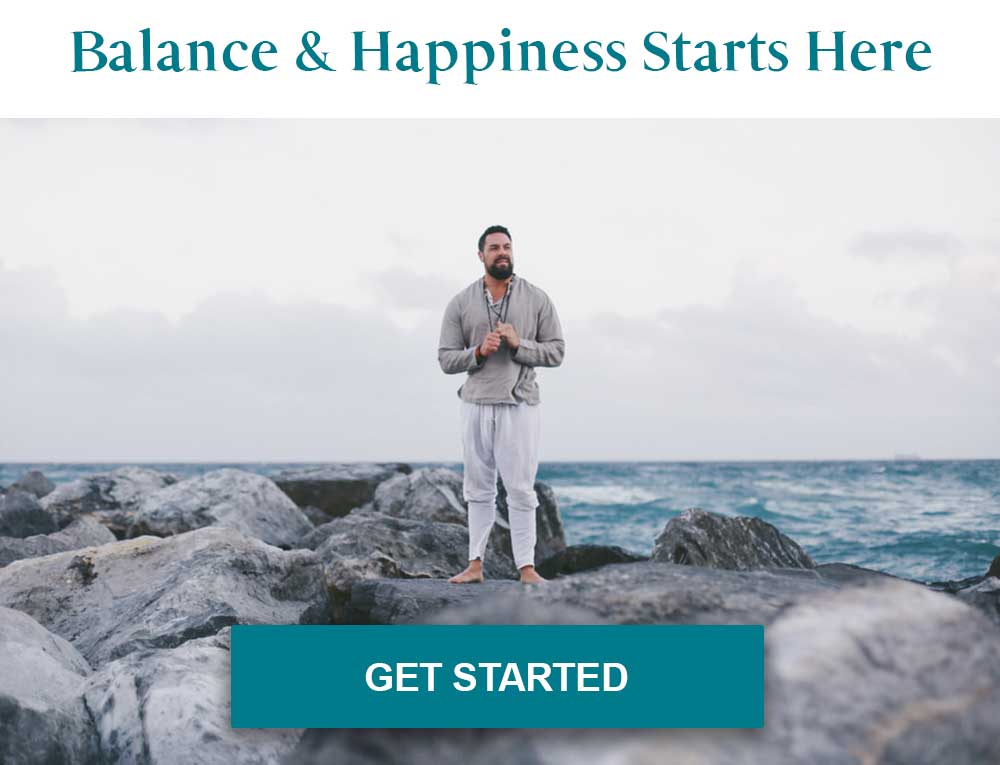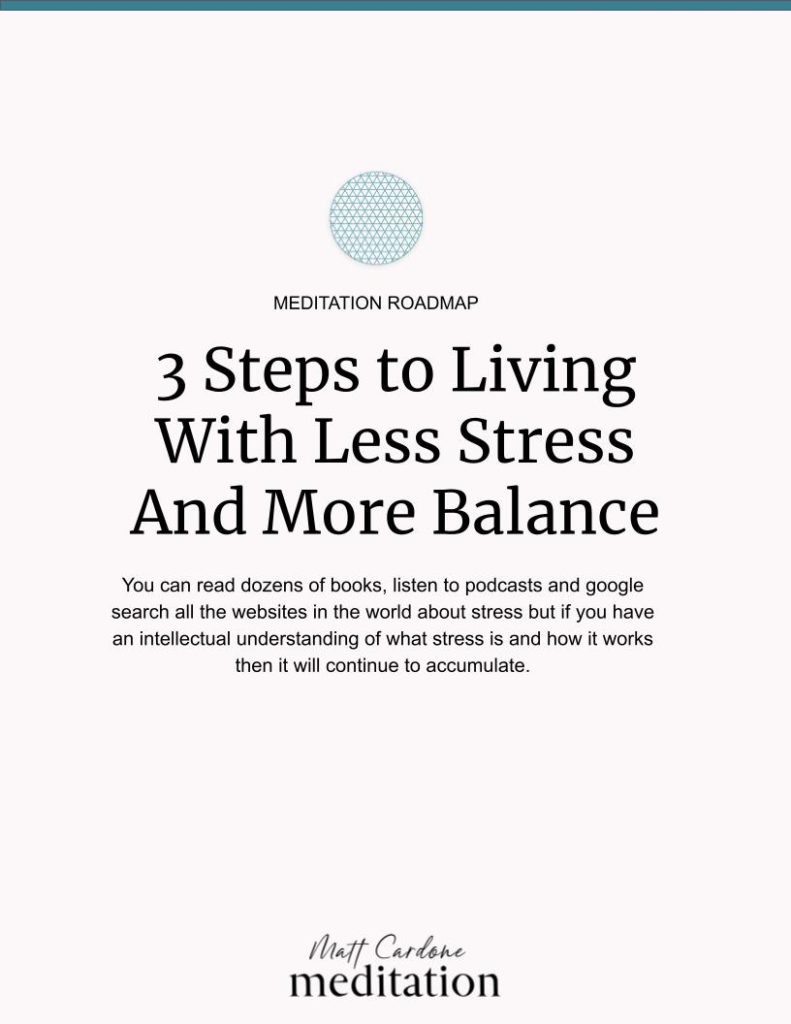Are you feeling overwhelmed and anxious?
As you read this, I want you to analyze your body. Do you feel a tension in your neck, shoulders, or wrists? Is your brow furrowed? How is your breathing? Do you feel tired and run-down?
Are you overwhelmed by your “to-do” list? Are you worried about work, finances, relationships, and health? Maybe you are glancing at this blog because you promised a concerned friend that you would learn how to de-stress. Perhaps you are searching for answers because you don’t know how much longer you can live with this stressful lifestyle.
Life is too short to constantly feel like you are on the verge of panic. It’s hard on your body and keeps you from being able to enjoy the moment. Let’s first analyze how you traditionally deal with daily stress. Then, let’s stop a moment and think about how you are feeling. Finally, I will help you find a solution to alleviate your anxiety.
What is your current method of relieving your stress?
When I ask others how they relieve their stress, I almost always hear the same response. “I go for a run.” “I take a brisk walk.” “I lift weights while listening to loud music.” Of course, exercising is extremely important for the body, but it is not a long-term solution to anxiety or stress. While you are exercising, your body is operating in the sympathetic nervous system. This is also called the fight-or-flight response. Your body is increasing blood flow to the muscles, your pupils dilate, and your heart and respiration rates climb. Your become sweaty and your blood pressure rises. After exercising, you may feel physically tired, but does your anxiety leave your body? Or do you almost immediately go back to your worries? Exercise is not a long-term solution to handling stress.
Some people use bullet journaling to help reduce anxiety. This growing trend, which is a combination of an organization system and sketchbook, has been touted on blogs as a great way to mind dump. Users say they keep their bullet journals next to their beds to write down ideas that come to them in the middle of the night. Even though this creative way to organize your thoughts may appeal to you, this is not an effective way to reduce anxiety. Instead of quieting the mind, this method keeps your mind whirling with activity. You may enjoy this activity, but it is not an appropriate way to de-stress your body.
The body’s natural way of relieving stress is through sleep. But when you are sleeping, are you getting the rest your body needs? How are you sleeping? Do you have a difficult time falling asleep? Do you have to watch TV or read before you drift off? Once asleep, is it a restful sleep? Do you toss and turn? Do you wake up periodically to check the clock or phone? Ask your sleep partner if you are sleeping well. Sleep is only good for relieving stress if it is quality, restful sleep.
How are you feeling right now?
Stress can make you feel restless. Some people describe stress as if they are crawling inside their skin. Others describe stress as the feeling of being enclosed. Both of these are reactions of the sympathetic nervous system. This fight-or-flight response is what happens when stress has hacked your body.
This is how it works. According to your body, your stressful lifestyle and toxic environment feel like a threat to your survival. Your internal fight-or-flight switch is turned on, and your body goes on the defensive to survive.
How do you know if your sympathetic nervous system has been triggered? Consider these symptoms:
Do you have trouble falling asleep?
Do you have trouble staying asleep?
Do you have a hard time waking up in the morning? (How many times do you press the snooze button?)
Do you feel restless during the day?
Do you bite your fingernails or crack your knuckles?
Science shows that the body is a direct printout of the mind. Biting your nails or cracking your knuckles are indicators of a busy mind.
How do you quiet your mind and fully release your stress?
The only way out is in. Take the dive inward. Try meditation.
Meditation allows the mind to quiet. Meditation de-excites the body. Meditation works as the antidote to stress.
Meditation takes the mind from the grosser, or action-oriented fields of awareness down to the subtler, quieter layer of consciousness. View meditation as a stress-relieving tool. You don’t have to change how you dress. You don’t have to change your lifestyle, and you don’t need to compromise your philosophies of life. Meditation does for the mind what exercise does for the body.
If any of this has resonated with you, and you don’t feel like you are living to your full potential, click here to learn more.







